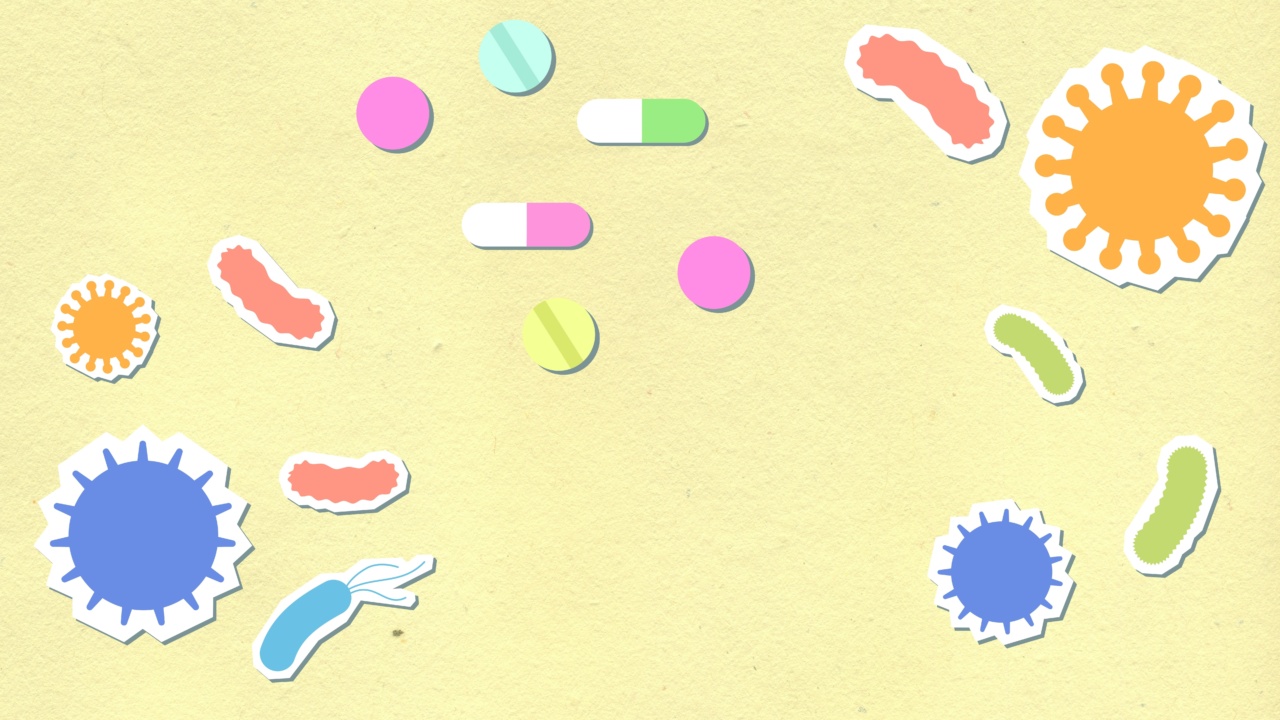Sickle cell anemia is a genetic disorder characterized by abnormal hemoglobin, the protein that carries oxygen in red blood cells.
This condition causes the red blood cells to deform into a sickle shape, leading to various complications such as chronic pain, organ damage, and an increased risk of infections.
For many years, the treatment options for sickle cell anemia have been limited. Patients often rely on regular blood transfusions, pain medications, and management of complications as the primary means of controlling the disease.
However, a revolutionary healing approach has emerged, offering hope and potential for a better quality of life for patients with sickle cell anemia.
Understanding the Mediterranean Healing Approach
The Mediterranean healing approach is a holistic and natural method of treating various health conditions, including sickle cell anemia.
This approach draws inspiration from the traditional Mediterranean diet, which is rich in fruits, vegetables, whole grains, lean proteins, and healthy fats.
Research has shown that the Mediterranean diet has numerous health benefits, including reducing the risk of heart disease, certain cancers, and other chronic conditions.
The diet emphasizes the consumption of plant-based foods, olive oil, and moderate amounts of wine. It is also known for its anti-inflammatory properties, which can be beneficial for individuals with sickle cell anemia.
The Role of a Healthy Diet in Managing Sickle Cell Anemia
A healthy diet plays a crucial role in managing sickle cell anemia. Proper nutrition can help improve overall well-being, boost the immune system, and reduce the frequency of painful crises associated with the disease.
The Mediterranean healing approach focuses on incorporating nutrient-rich foods into the daily diet to support optimal health.
Foods that are high in antioxidants, such as berries, leafy greens, and nuts, are essential for reducing oxidative stress and inflammation in individuals with sickle cell anemia.
Additionally, consuming foods rich in omega-3 fatty acids, such as fatty fish like salmon, can help reduce inflammation and promote better heart health.
These anti-inflammatory properties can be beneficial for individuals with sickle cell anemia, as inflammation plays a significant role in the development of complications related to the disease.
Herbal Supplements and Sickle Cell Anemia
In addition to a healthy diet, herbal supplements can also play a role in managing sickle cell anemia.
Certain herbs and plant extracts have been found to possess natural anti-inflammatory and antioxidant properties, which can aid in reducing symptoms and complications associated with the disease.
One such herb is turmeric, which contains a compound called curcumin.
Curcumin has been extensively studied for its potential anti-inflammatory effects and has shown promising results in managing chronic inflammatory conditions such as sickle cell anemia. However, it is important to consult with a healthcare professional before incorporating any herbal supplements into your treatment regimen.
Exercise and Lifestyle Modifications
Alongside dietary changes and herbal supplements, regular exercise and lifestyle modifications can significantly improve the management of sickle cell anemia.
Engaging in physical activity can help strengthen the heart, improve blood circulation, and increase overall endurance.
It is essential to find an exercise routine that is suitable for individuals with sickle cell anemia, as excessive strain or high-impact activities may trigger painful crises.
Low-impact exercises such as walking, swimming, and cycling are generally recommended. However, it is crucial to consult with a healthcare professional before starting any exercise program.
In addition to exercise, certain lifestyle modifications can contribute to the overall well-being of individuals with sickle cell anemia.
Stress management techniques such as meditation, yoga, and deep breathing exercises can help reduce stress levels and promote relaxation. Getting enough sleep and staying hydrated are also crucial for managing the symptoms of the disease.
The Importance of Genetic Counseling
Genetic counseling is an essential aspect of managing sickle cell anemia, both for individuals living with the disease and for couples planning to conceive a child.
Genetic counselors can provide valuable information about the inheritance pattern of sickle cell anemia, the likelihood of passing it on to children, and the available options for family planning.
With advancements in genetic testing and reproductive technologies, individuals with sickle cell anemia can make informed decisions regarding family planning, including the possibility of using techniques such as pre-implantation genetic diagnosis (PGD) or in vitro fertilization (IVF) to avoid passing on the disease to their children.
Supportive Therapies and Patient Education
Supportive therapies and patient education are integral components of the revolutionary healing approach for sickle cell anemia.
Patients can benefit greatly from psychological support, pain management techniques, and access to support groups where they can share their experiences and receive encouragement.
Patient education is also key in empowering individuals with sickle cell anemia to take an active role in managing their condition.
This includes learning about the disease, understanding potential triggers, recognizing the early signs of complications, and knowing when to seek medical attention.
Ongoing Research and Future Perspectives
While the revolutionary healing approach offers new hope for individuals with sickle cell anemia, ongoing research is essential for further advancements in the field.
Researchers are continually investigating potential treatments, including gene therapies, stem cell transplants, and targeted molecular therapies, all of which hold promise for a cure or better disease management in the future.
It is crucial for individuals with sickle cell anemia to stay informed about the latest developments in research and treatment options.
By actively engaging with healthcare professionals and participating in clinical trials, patients can contribute to advancing the field and improving outcomes for themselves and future generations.




























